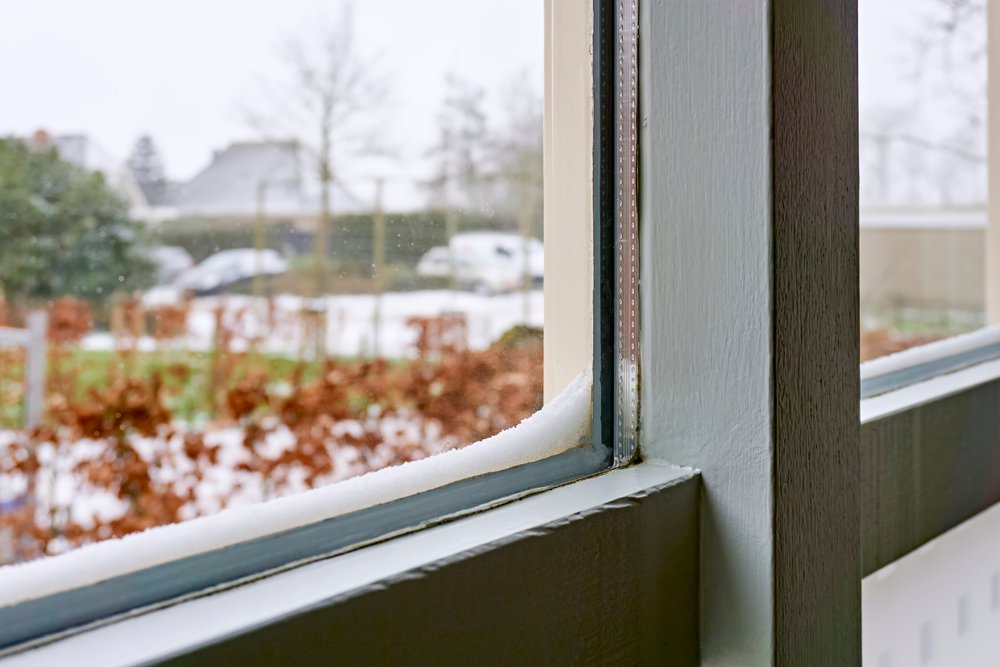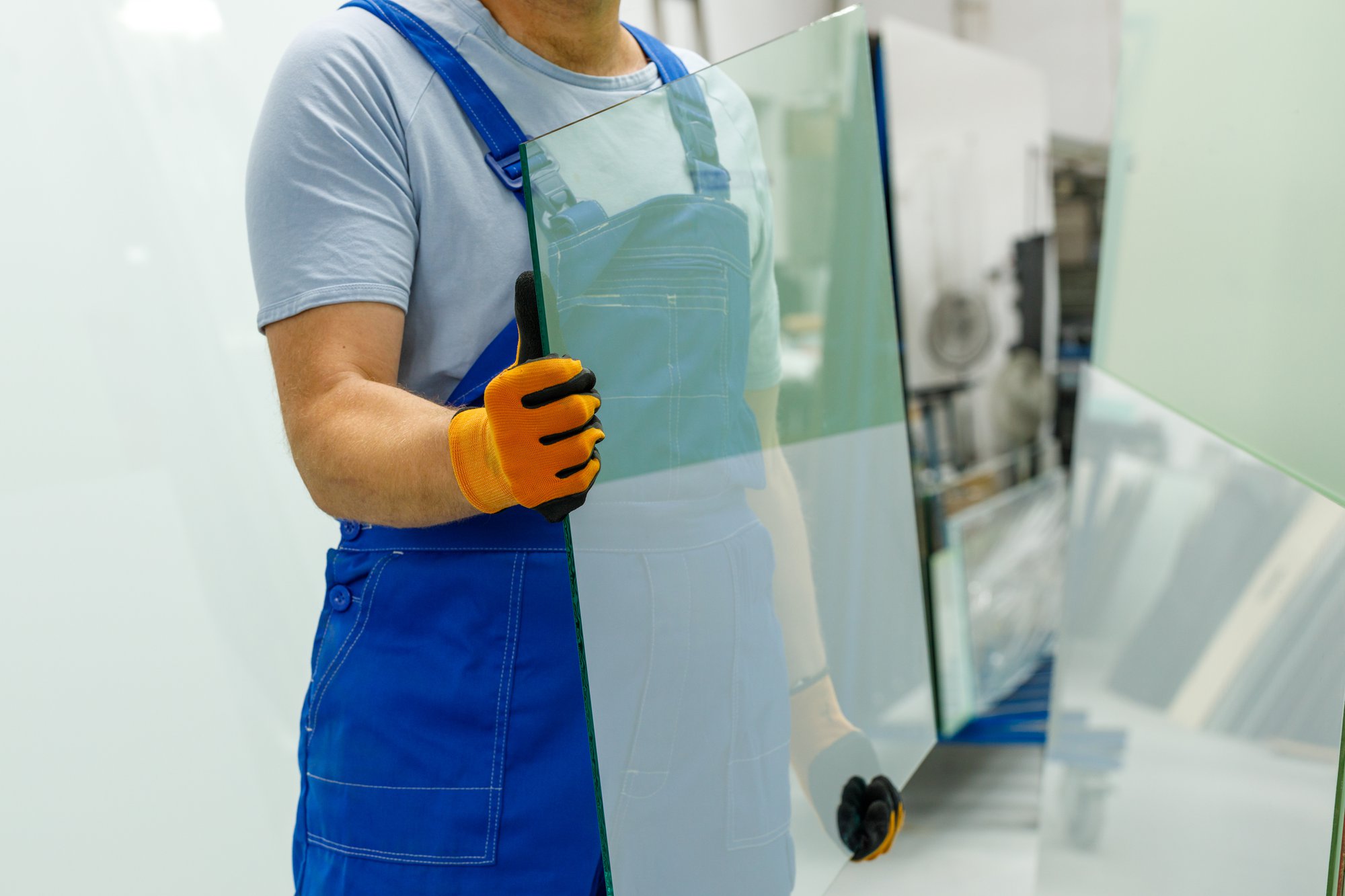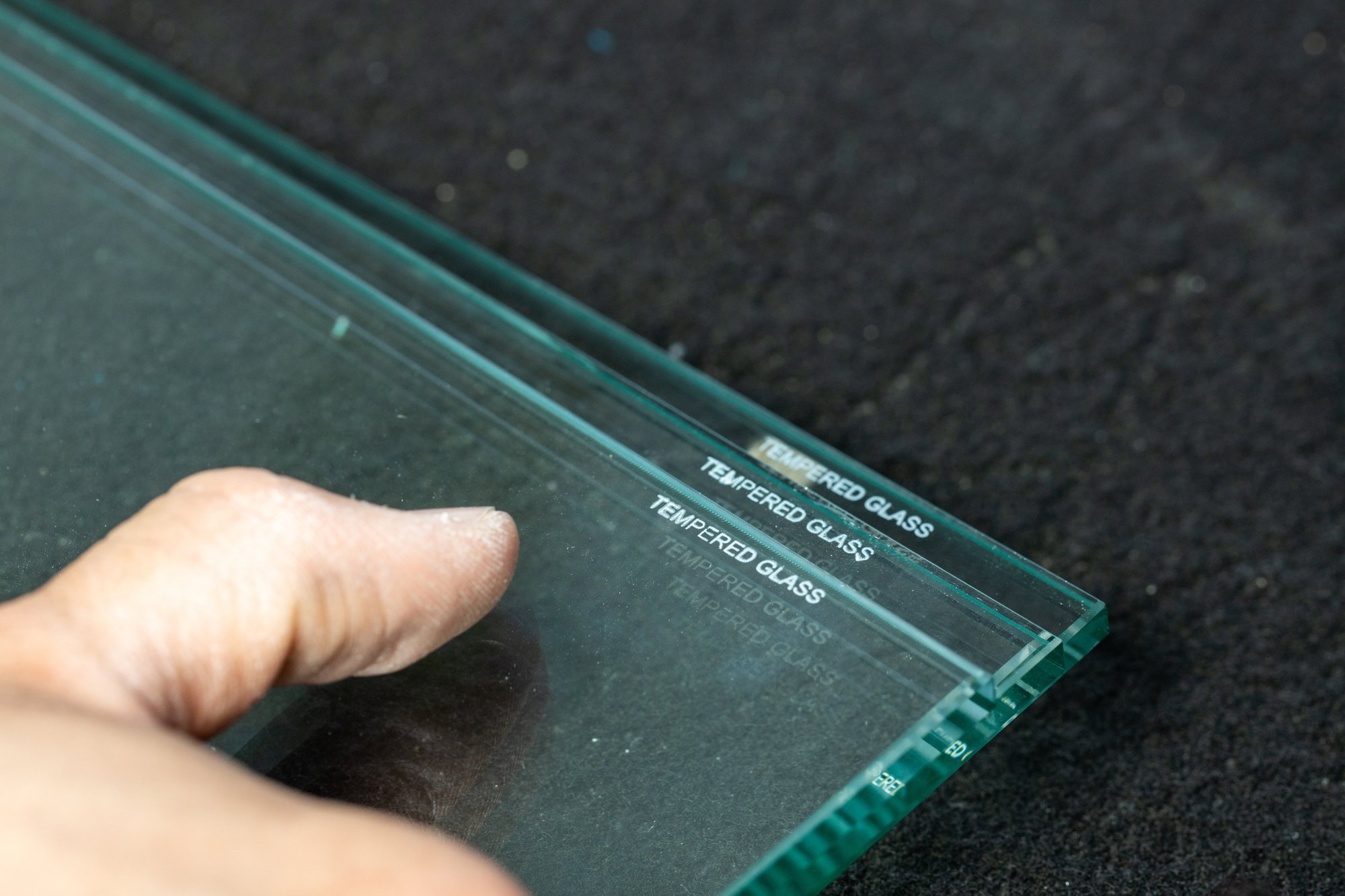Can smart windows truly transform commercial spaces by integrating with modern building management systems? This question is at the forefront of discussions in contemporary architecture and facility management. As businesses seek innovative ways to enhance energy efficiency and operational control, smart glazing technology emerges as a pivotal solution. By seamlessly integrating with building management systems, smart windows offer dynamic tinting, energy regulation, and centralized control, promising significant improvements in both environmental sustainability and cost savings.

The Role of Smart Glazing in Modern Buildings
Smart glazing technology operates through advanced materials and coatings that respond to environmental stimuli, such as light and heat. In contemporary commercial architecture, smart glazing plays a crucial role in creating sustainable and efficient buildings. Architects and designers are increasingly incorporating these windows to meet stringent energy codes and sustainability goals. The ability to control the amount of solar heat gain and glare makes smart windows an attractive option for office buildings, retail spaces, and other commercial environments.
Key features of smart glazing include:
- Dynamic Tinting: Automatically adjusts the window tint based on the intensity of sunlight, reducing glare and heat gain.
- Energy Regulation: Helps maintain indoor temperatures, reducing reliance on HVAC systems and lowering energy costs.
- UV Protection: Blocks harmful ultraviolet rays, protecting interior furnishings and occupants from UV exposure.
Enhancing Energy Efficiency with Smart Windows
Smart windows significantly impact energy consumption in commercial buildings. By dynamically adjusting their tint, these windows reduce the need for artificial lighting and minimize heat gain, leading to lower HVAC usage. Studies show that buildings equipped with smart glazing can achieve significant energy savings, translating to substantial cost reductions.
The financial benefits of smart windows extend beyond energy savings. Reduced HVAC demand means lower maintenance costs and longer equipment lifespans. Additionally, smart windows contribute to peak load reduction, which can result in lower utility rates for commercial properties. These savings make smart glazing a financially sound investment for building owners and facility managers.
Integrating Smart Glazing with Building Management Systems
Integrating smart windows with modern building management systems (BMS) enhances the overall efficiency and functionality of commercial spaces. Smart glazing technology can seamlessly communicate with BMS through various protocols, ensuring interoperability and smooth operation. This integration allows for real-time monitoring and control of window tinting, optimizing energy use based on current conditions.
Control mechanisms for smart windows within a BMS include automated schedules, sensor-based adjustments, and manual overrides. Automated schedules can adjust window tinting based on the time of day or occupancy levels, while sensors can respond to changes in sunlight and temperature. Manual overrides provide facility managers with the flexibility to make immediate adjustments as needed, ensuring optimal comfort and efficiency.
Centralized management of smart windows through a BMS offers several advantages:
- Unified Control: Manage all building systems, including lighting, HVAC, and smart windows, from a single interface.
- Data Analytics: Collect and analyze data on energy use, occupancy patterns, and environmental conditions to make informed decisions.
- Enhanced Comfort: Automatically adjust window tinting to maintain consistent indoor temperatures and reduce glare, improving occupant comfort.
- Energy Savings: Optimize energy use by coordinating smart window adjustments with HVAC and lighting systems, leading to further cost reductions.

Future Trends in Smart Glazing Technology
The future of smart glazing technology promises even greater advancements that could revolutionize commercial spaces. One significant trend is the integration of AI-driven automation. By leveraging artificial intelligence, smart windows can learn from building usage patterns and environmental conditions to optimize their performance. This level of automation ensures that energy savings and occupant comfort are maximized without manual intervention.
Enhanced materials are also on the horizon, offering improved durability and functionality. Researchers are developing new coatings and substrates that can provide better thermal insulation and UV protection. These advancements will make smart windows more effective in regulating indoor environments, further reducing the reliance on HVAC systems and artificial lighting.
Another exciting development is the potential for smart windows to generate energy. Innovations in photovoltaic glazing allow windows to convert sunlight into electricity, contributing to a building's energy needs. This dual functionality not only enhances energy efficiency but also supports the growing trend towards net-zero energy buildings.
Key future trends in smart glazing technology include:
- AI-Driven Automation: Smart windows that adapt based on learned patterns and real-time data.
- Enhanced Materials: Improved coatings and substrates for better performance and durability.
- Energy Generation: Photovoltaic glazing that converts sunlight into electricity.
The Transformative Potential of Smart Windows
Smart glazing technology offers dynamic tinting and energy regulation, playing a fundamental role in contemporary architecture. These windows significantly enhance energy efficiency, leading to substantial cost savings and environmental benefits. Seamless integration with building management systems allows for centralized control and optimized performance.
Future advancements, including AI-driven automation and energy-generating materials, promise even greater potential. Smart windows, when integrated with modern BMS, are indeed transformative, offering a sustainable and efficient solution for commercial spaces.
Learn how you can unlock the future of sustainable architecture with smart windows! Visit Insul-Lite Manufacturing for more information on sustainable glass solutions.





